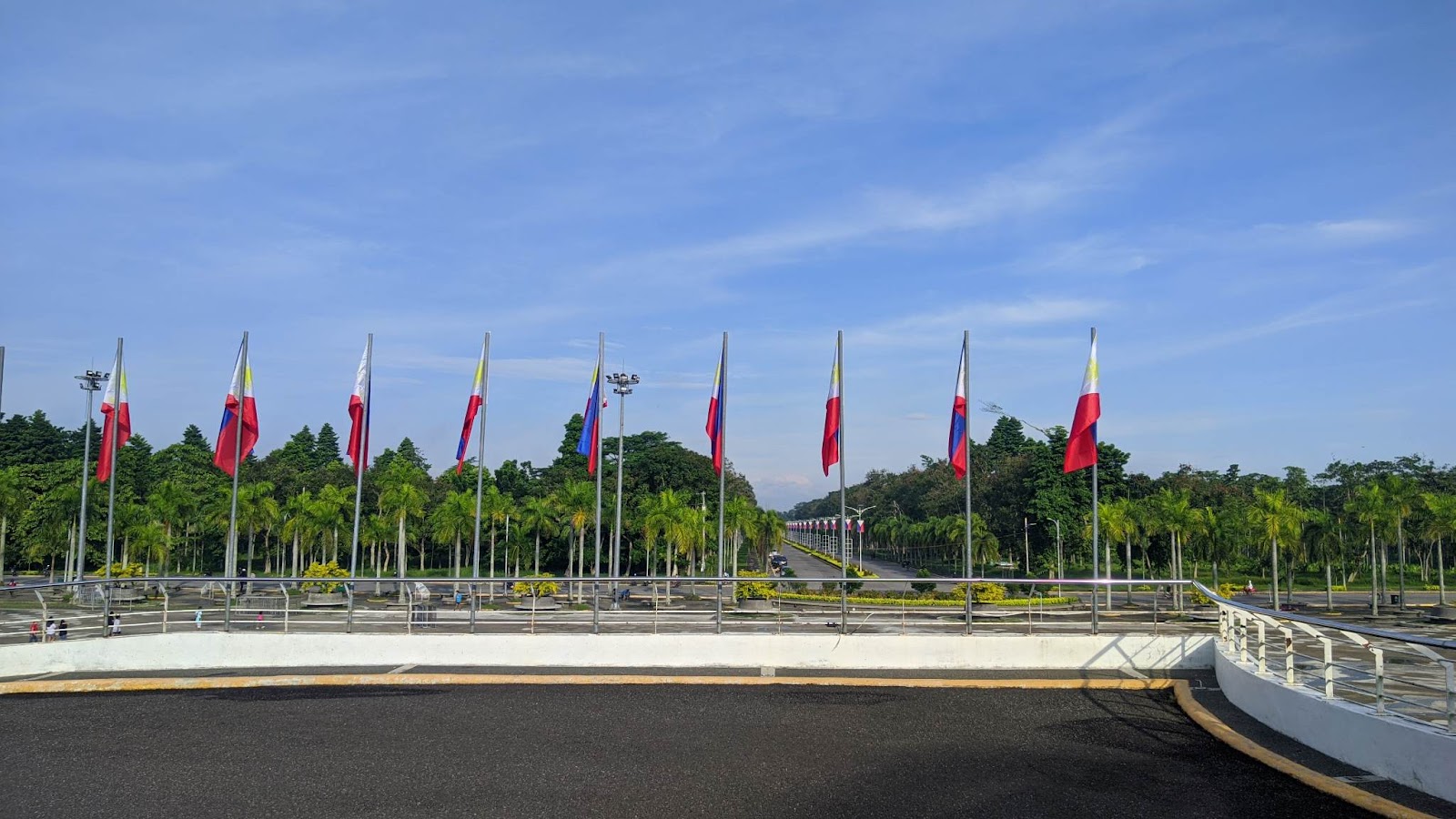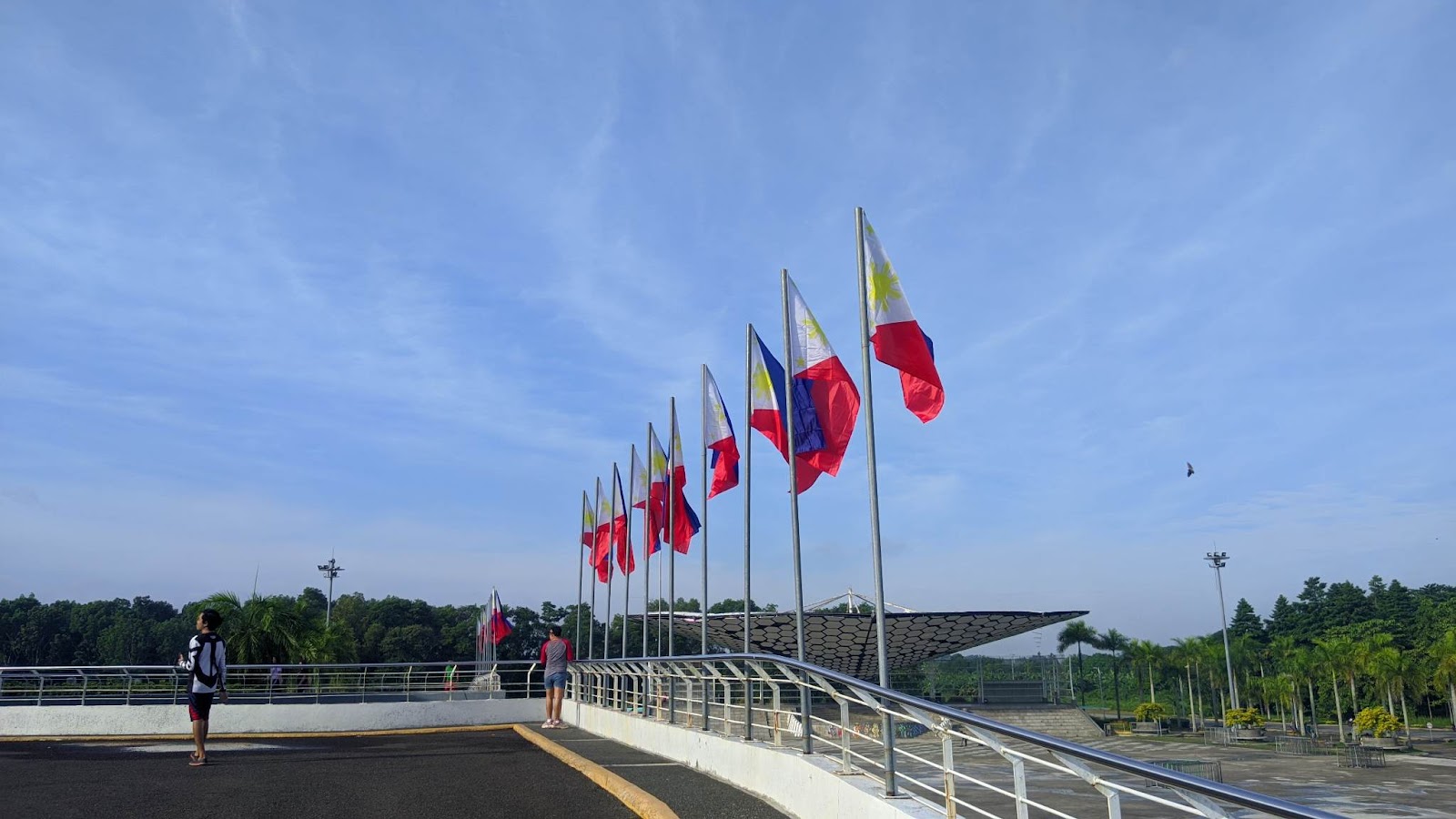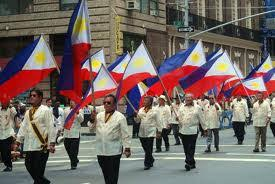Unveiling the Essence of Philippine Independence Day: Embracing Freedom and Unity
Introduction:
Philippine Independence Day holds great significance for Filipinos worldwide as it commemorates the country's liberation from colonial rule and the establishment of its sovereignty. Every year on the 12th of June, Filipinos come together to honor the sacrifices of their forefathers and celebrate the true essence of freedom. Beyond the festivities and parades, Philippine Independence Day serves as a reminder of the nation's rich history, cultural heritage, and the enduring spirit of its people. This article delves into the true essence of Philippine Independence Day, highlighting its historical importance, the values it represents, and the aspirations it ignites in the hearts of Filipinos.
- Historical Significance:
Philippine Independence Day marks the anniversary of the country's declaration of independence from Spanish colonial rule on June 12, 1898. General Emilio Aguinaldo led the Philippine revolutionary forces to declare independence in Kawit, Cavite, signaling the birth of a new nation. This historic event signifies the Filipino people's indomitable spirit and their determination to forge their destiny. It is a reminder of the long and arduous struggle for liberation, serving as a testament to the courage and resilience of the Filipino people.
- Celebration of Freedom:
Independence Day in the Philippines is a day of jubilation and national pride. It is a time to reflect on the country's hard-fought freedom and the sacrifices made by countless heroes who fought for liberty. The day is marked by flag-raising ceremonies, parades, cultural performances, and various patriotic activities across the nation. It is a moment for Filipinos to express their love for their country and celebrate the hard-won independence that allows them to determine their path.
- Cultural Heritage and Diversity:
The essence of Philippine Independence Day lies in the celebration of the country's rich cultural heritage and diversity. The Philippines is known for its vibrant and diverse traditions, languages, cuisines, and arts. Independence Day provides an opportunity to showcase and appreciate this cultural tapestry. Festivals, exhibitions, and performances highlight the unique regional identities and traditions of different parts of the archipelago. It is a time to revel in the colorful tapestry of Filipino culture and foster a sense of unity among the various ethnic groups that comprise the nation.
- Unity and National Pride:
Philippine Independence Day serves as a unifying force, bringing together Filipinos from all walks of life, regardless of their differences. It is a day when the Filipino spirit of "Bayanihan" (community spirit) is rekindled, emphasizing the importance of unity and collective action. Despite the challenges the nation faces, Independence Day is a reminder that the Filipino people can overcome any obstacle when they stand together. It instills a sense of national pride and unity, encouraging Filipinos to work towards a better future for their country.
- Aspirations and Moving Forward:
While Philippine Independence Day celebrates the past, it also catalyzes the nation's aspirations and visions for the future. It prompts reflection on the progress made since gaining independence and inspires discussions on the challenges that lie ahead. Filipinos use this occasion to renew their commitment to nation-building, social justice, and inclusive development. It is a time to address the issues facing the nation, such as poverty, corruption, and inequality, and to work towards a more prosperous and equitable Philippines.
Conclusion:
Philippine Independence Day is more than just a national holiday; it is a day of remembrance, celebration, and introspection. It encapsulates the true essence of freedom, unity, cultural heritage, and national pride. It is a time to honor the heroes of the past, celebrate the accomplishments of the present, and envision a brighter








